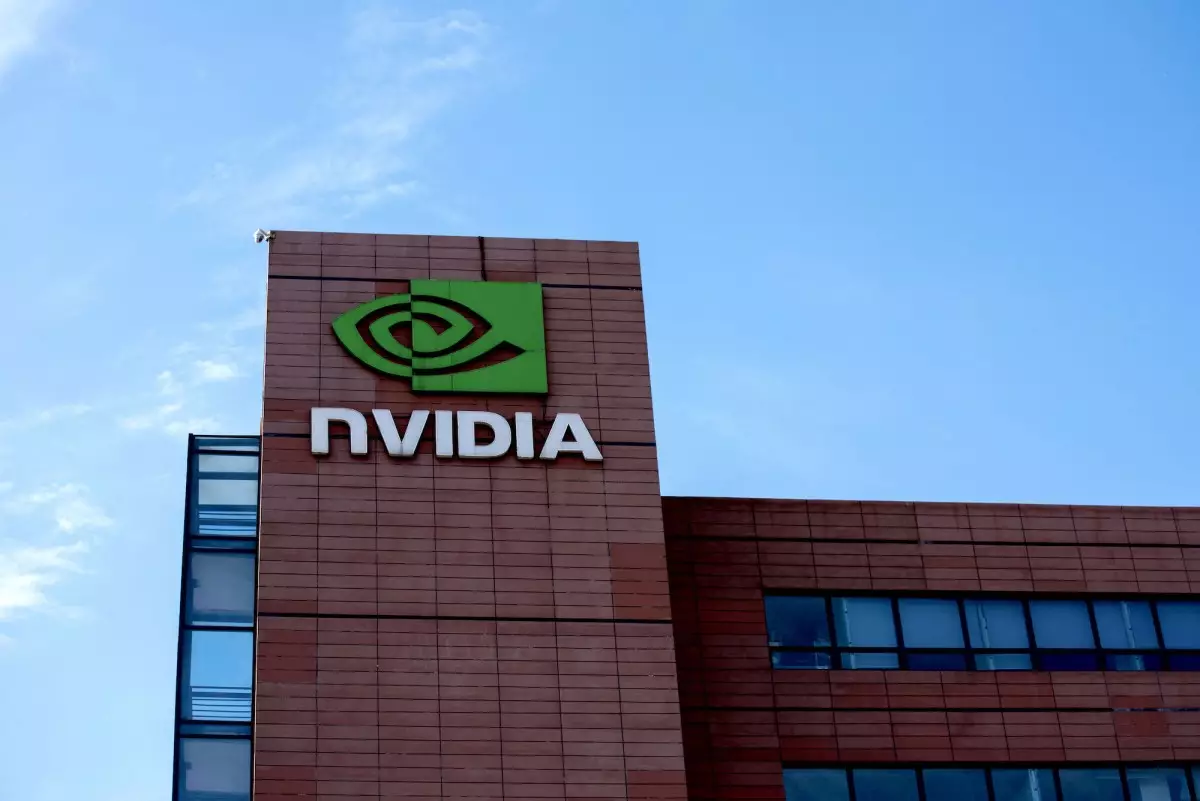The recent interactions between Nvidia CEO Jensen Huang and the Trump administration reveal a fascinating interplay between corporate strategy and national policy in the realm of artificial intelligence. At the heart of this dialogue is the H20 AI chip—Nvidia’s most advanced chip that remains eligible for export from the United States to China. For a simpler understanding: this became a politically charged negotiation to facilitate ongoing international business amid growing concerns over national security and technological supremacy.
Reports indicate that the Trump administration, amid pressures for stringent export controls, reached a tentative agreement that led to the softening of restrictions on the H20 chip. Behind closed doors, during a high-profile dinner at Trump’s Mar-a-Lago estate, Huang ostensibly pledged to invest in new AI data centers within the United States as an exchange for leniency. This strategic maneuver reflects a notable trend where tech giants proactively seek to align with political agendas to avert regulatory crackdown.
Redefining Tech-Centric Diplomacy
By navigating this complex landscape, Huang effectively transforms Nvidia’s business operations into a chess piece in a broader political chess match. Such maneuvering becomes commonplace when substantial economic factors—such as the burgeoning demands of AI technology—collide with nationalistic policies. The circumstances surrounding the H20 chip’s potential restrictions weren’t merely about trade; they spoke volumes about U.S. attempts to maintain its competitive edge in an increasingly globalized arena.
This effective deal-making brings forth an important dialogue: how far should technology leaders be willing to go to secure their business interests? Huang’s approach may signal a new era where the blending of commerce and politics becomes essential for survival in high-stakes industries like AI.
The Paradox of Export Controls
It’s particularly intriguing that the very export controls that the Trump administration reportedly shelved are at odds with its larger ambitions of fostering U.S. dominance in AI technology. On one hand, officials express a desire to restrict potentially dangerous or competitive technologies from falling into the hands of geopolitical rivals, namely China and Russia. On the other hand, by allowing an exception for Nvidia, we witness a paradox: a tactical retreat that undermines aggressive positioning on tech diplomacy.
These contradictions raise ethical questions concerning the long-term implications of such accommodations. Are we compromising broader national security objectives for short-term economic benefits? This inquiry is compounded by the fact that the H20 chips were reportedly used by the China-based DeepSeek to train its R1 open AI model, which has outperformed certain American counterparts. This scenario continues to fuel apprehensions regarding the export of advanced technology to rival nations.
A Call to Action for Innovation
Despite the complexities, Huang’s dialogues have resurfaced a vital point: the sustainability of American innovation hinges not only on hardware availability but also on rigorous investments in infrastructure. Nvidia’s commitment to establishing AI data centers within U.S. borders is indeed welcome news amid a climate that sometimes seems adversarial to progressive tech advancements. Other players in the tech sector, including OpenAI and Microsoft, have demonstrated similar commitments, aligning with the administration under the guise of national growth—a move likely seen as strategic gambits to foster favorable government relationships.
Thus, the H20 export situation highlights the intricate dance between corporate investment and governmental oversight. The question arises: can collaboration in the private sector stimulate a more resilient innovation ecosystem that preempts the need for intense regulatory controls? This is a dialogue that resonates far beyond Nvidia and the Trump administration—it speaks directly to the future of U.S. technological prowess in an interlinked, competitive global market.
The fascinating developments surrounding Nvidia’s H20 chips reveal a microcosm of the broader challenges faced by tech companies today. The critical balance between safeguarding both national interests and encouraging robust innovation is increasingly tenuous. As AI technology propels us into an uncharted future, the decisions made today will invariably shape the ethical landscape of tomorrow’s technological landscape. This delicate dance between business and politics must navigate carefully not only the immediate economic incentives but also the long-term consequences of how we manage our global technological relationships.

